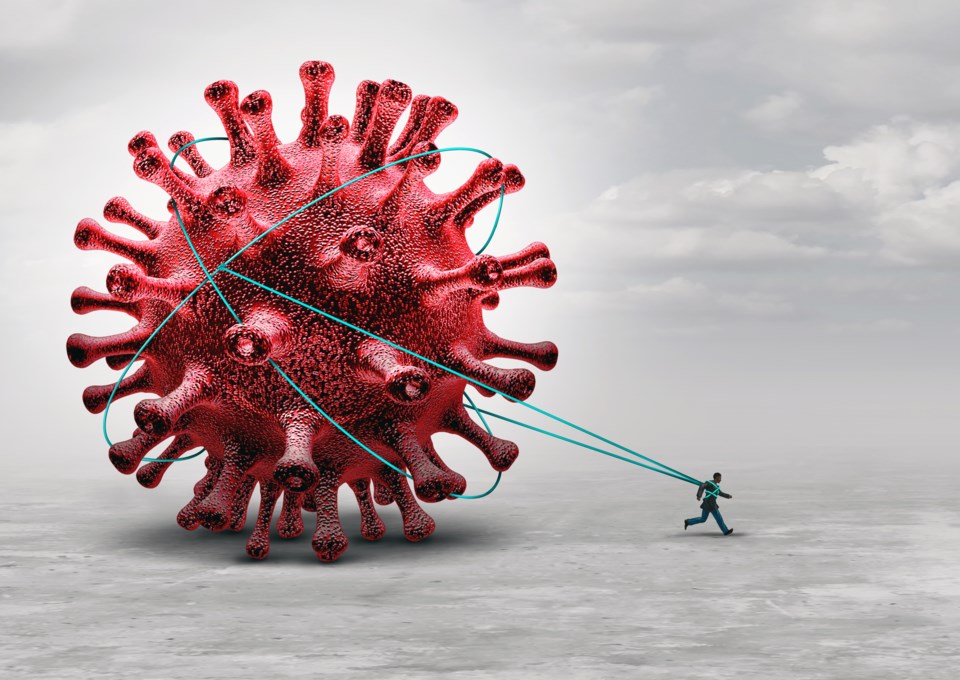From a young age that white lab coat of the scientist was a symbol of honour and pride, a livelihood you could aspire to, up there with being an astronaut.
So it is no doubt a pretty hard hit reading the disturbing news the US Department of Energy now believes COVID-19 most likely emerged as the result of scientific inquiry in a Chinese government lab.
We don’t know for sure, but there is a pretty strong bit of evidence that nobody seems to want to put on the front page: the leaked research proposals and progress reports prior to 2019 laying out roadmaps to create new viruses with unique genetic features, including things like a “furin cleavage site,” that, lo and behold, we find in COVID-19 in the very same city as where some of this work was being carried out at the Wuhan Institute of Virology (WIV).
Current biotechnology not only enables researchers to transform a natural animal virus into a possible civilization-threatening human pandemic pathogen, but also enables them to do so shockingly quickly and inexpensively.
Of course the evidence we would need to know for sure has most likely been scrubbed from the WIV, as explained by former CDC director Robert Redfield in recent Congressional hearings.
He testified that in September of 2019 the Chinese military took control of the facility, changed the air filtration system, and deleted the extensive online database of bat virus sequences.
But scientific self-reflection is not exactly forthcoming outside of China either. American agencies and Western universities who pioneered this technology continue to hide details of their collaborations with the WIV.
Meanwhile a small clique of western virologists and cooperative media vociferously argues a wet market is almost certainly the cause of close to ten million deaths, not scientists, without a scintilla of evidence.
Ignoring for a moment the element of self-preservation in such insistence, there is something else profound at play here.
“Science” has more or less replaced religion as the dominant means of explaining how the world works.
For many of us it’s our guiding belief structure.
Our faith in science is part of our cultural identity, our ego, and our pride.
You either believe in science of you are “anti-science,” a modern-day accusation of heresy.
That’s not an atmosphere conducive to open-minded discussion, truth, or criticism.
In this respect I can’t help but think some old biblical teachings got lost in the mix.
“When pride comes, then comes disgrace, but with humility comes wisdom,” it says in Proverbs.
I think we could all ponder that line a bit more when we ask whether a multi-billion dollar industry tinkering around with our entire existence is worthwhile science or simply humanity being a little too haughty and high on itself, drunk on its vast powers once again.
James Steidle is a Prince George writer.



